Our most-read science stories this week contain a few timeless life lessons. One, don’t go into an MRI room carrying metal, particularly if that metal is a loaded gun. Two, don’t cross a killer whale, even if you’re a great white shark. And finally, never judge a sea cucumber by its cover—no matter how repulsive that cover appears to be. – Rose Pastore
Woman Enters MRI Machine With a Gun, Gets Shot in Butt
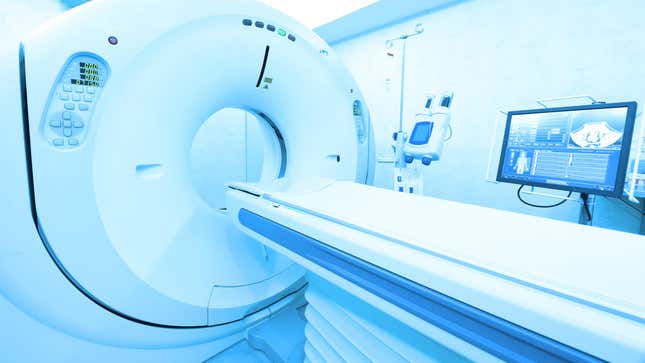
Advertisement
A woman’s medical exam turned into a literal pain in the butt, thanks to a poorly placed firearm. An adverse event report sent to the Food and Drug Administration details an alleged incident in which the woman was shot in the right buttock by her own gun that was activated by a magnetic resonance imaging (MRI) machine. – Ed Cara Read More
Advertisement
Crucial Rocket Parts End Up Crushed in a Landfill, Imperiling Satellite Mission
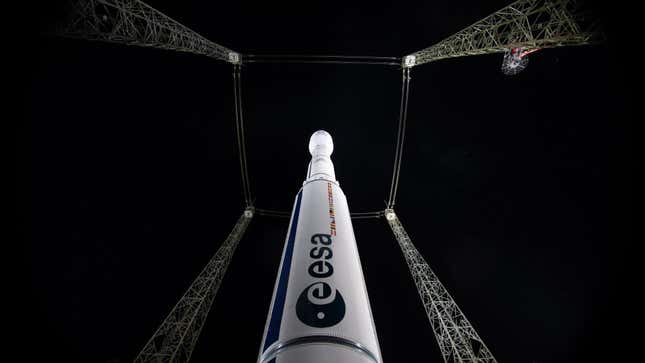
Advertisement
The final mission of the European Space Agency’s Vega rocket has encountered a bizarre setback. Key propellant tanks required for its last flight were mysteriously found damaged in a landfill, jeopardizing the scheduled 2024 launch. – George Dvorsky Read More
Iconic Star Betelgeuse Will Temporarily Vanish From the Sky Next Week

Advertisement
The bright star Betelgeuse, a prominent member of the Orion constellation, is set to be occulted by the asteroid Leona on December 11. This occurrence, expected to last no more than 10 seconds, will cause the star to temporarily vanish from sight, a phenomenon visible along a narrow path on Earth. – George Dvorsky Read More
Orcas Attacked a Great White Shark and Ate Its Insides. Again.

Advertisement
A great white shark that washed up near Portland, Australia, in October was killed and eaten by orcas, according to researchers who studied the fish’s remains. – Isaac Schultz Read More
NASA Discovers Root Cause of Parachute Glitch in Asteroid Sample Landing
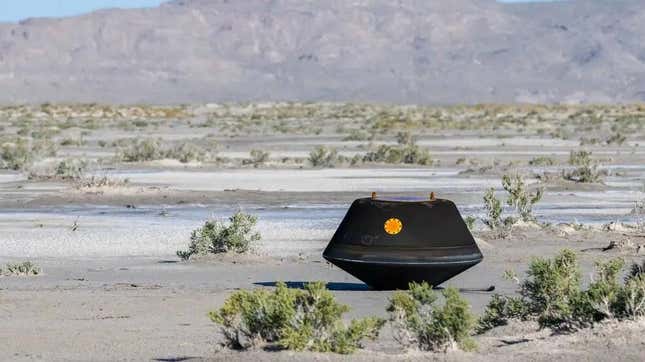
Advertisement
Inconsistent labels in the OSIRIS-REx landing plans are what caused the out-of-order parachute deployment during the return capsule’s descent to Earth on September 24, NASA says. – Isaac Schultz Read More
Gizmodo Monday Puzzle: Can You Solve This Viral Math Test Problem?

Advertisement
Every few months, a math problem goes viral on social media. This week’s puzzle comes from a real problem on a math test given to students in Singapore, and it went viral for causing rifts among solvers. It’s a tricky exercise in logic unlike any exam problem from my school days. – Jack Murtagh Read More
Magnesium Supplements Could Protect Your Liver From Acetaminophen

Advertisement
Magnesium supplements might be able to blunt a well-known side effect of the painkiller acetaminophen, also known as Tylenol, new research suggests. The study found evidence in lab animals that oral magnesium can prevent acetaminophen-related liver damage by affecting the gut microbiome. – Ed Cara Read More
‘Designer Shrooms’ Could Be Coming as Scientists Unlock Genetics of Magic Mushrooms
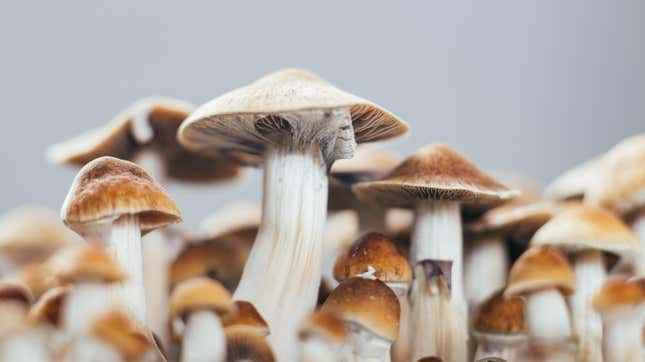
Advertisement
Researchers in Australia analyzed the genomes of over 100 commercial and wild-grown varieties of Psilocybe cubensis, a psychoactive fungi known as the magic mushroom. The findings may eventually help growers develop “designer shrooms” that have their own unique health benefits, the team says. – Ed Cara Read More
Panera’s ‘Charged Lemonade’ Blamed for Second Death in New Lawsuit

Advertisement
Panera Bread is once again being blamed for causing someone’s death with its highly caffeinated “Charged Lemonade” energy drink. The family of 46-year-old Dennis Brown filed a wrongful death suit against the chain this week, alleging that Brown’s heart-related death in early October was caused by the drink. It’s the second such claim made against the company this year, but Panera has denied responsibility for either death. – Ed Cara Read More
This Sea Creature Could Fight Cancer, Looks Like a Turd
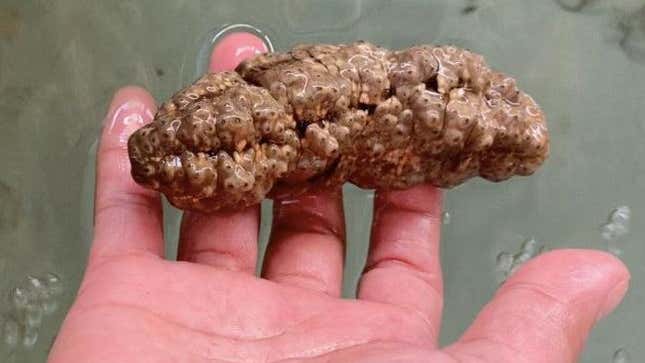
Advertisement
Great things can come in small, slightly repulsive packages. Scientists in the Philippines have detailed the molecular secrets of Stichopus cf. horrens, a sea cucumber species that bears more than a passing resemblance to something else. Their findings indicate that these animals contain several compounds that could have potential medical benefits in humans, including anti-cancer agents. – Ed Cara Read More
Services Marketplace – Listings, Bookings & Reviews